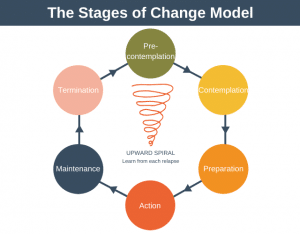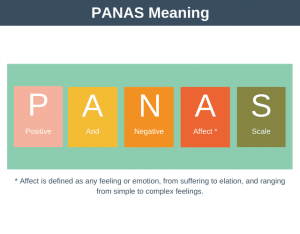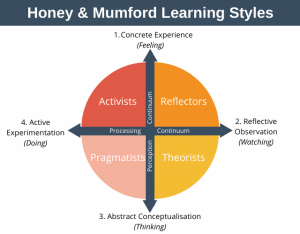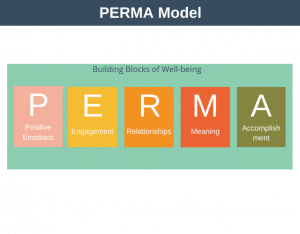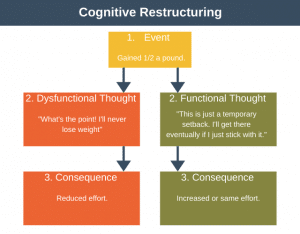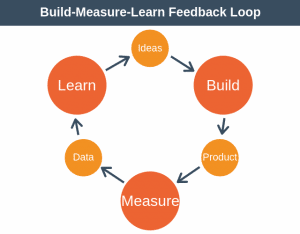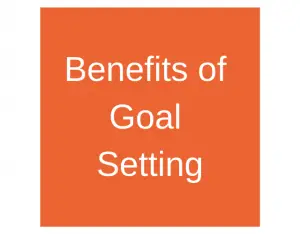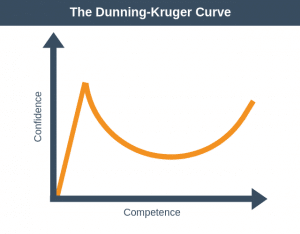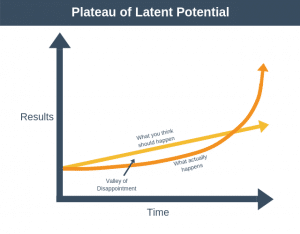Even if you’re unfamiliar with emotional intelligence, at some point in your life you probably will have taken an intelligence quotient (IQ) test. An IQ test measures a person’s cognitive ability compared to the population at large. The average IQ is approximately 100.
People with higher IQs tend to do better academically than those with lower IQs. From this knowledge, it would seem sensible to suggest that people with higher IQs will be more successful both in the workplace and in life.
This assumption has been proven to be incorrect. There is more to success in both the workplace and in life than simply being intelligent. In fact, according to Warren Bennis, emotional intelligence is the biggest factor in workplace success:
“EMOTIONAL INTELLIGENCE, MORE THAN ANY OTHER FACTOR, MORE THAN IQ OR EXPERTISE, ACCOUNTS FOR 85% TO 95% OF SUCCESS AT WORK… IQ IS A THRESHOLD COMPETENCE. YOU NEED IT, BUT IT DOESN’T MAKE YOU A STAR. EMOTIONAL INTELLIGENCE CAN.”
This makes a lot of sense. We’ve all met or worked with someone who is very clever but isn’t great at relating to people, and vice versa.
Emotional intelligence or EI is the ability to recognize your emotions, process and understand them, and observe how they affect those around you. Having a high emotional intelligence means you not only understand your own emotions, but you also understand other people’s emotions. You understand other people’s emotions not just individually but also within groups.
There is no link between IQ and EI. Whereas IQ doesn’t change much over time, it is possible to improve your EI. Before you embark on a conscious effort to improve your EI it is worthwhile taking an EI test to determine your starting point. There are many free EI tests available online. Unlike an IQ test, it is quite easy to cheat in an EI test, so it is important to answer all questions as honestly as you can.
The Components of Emotional Intelligence
In his book, Emotional Intelligence – Why It Can Matter More Than IQ, Daniel Goleman developed a framework for understanding EI, consisting of five components split between personal skills and social skills.

Let’s examine each of the five components within the framework in more detail so we obtain a basic understanding of all the components that make up emotional intelligence.
Self-awareness:
People with high emotional intelligence are aware of and understand their emotions. They understand their strengths, but they also understand their weaknesses and work on them to improve them. The sub-skills of self-awareness are:
- Emotional Awareness: being able to recognize our own emotions and the impact they have on how we behave.
- Accurate Self-Assessment: being reflective enough to have awareness of our relative strengths and weaknesses.
- Self-Confidence: having belief in our own abilities. This confidence means we are not scared to take a contrary view if we believe it is the right thing to do.
Self-regulation:
Self-awareness allows us to be aware of our emotions, but it is self-regulation that gives people with a high EI the ability to control their emotions and behavior. The sub-skills of self-regulation are:
- Self-Control: our ability to manage our negative or disruptive emotions and stay positive and in control.
- Trustworthiness: we are relied upon as being honest and truthful.
- Conscientiousness: refers to taking accountability for our own actions and workplace performance, and not blaming others for any shortcomings.
- Adaptability: makes us adept at handling change, and gives us the ability to manage the different and often conflicting demands on our time.
- Inventiveness: our ability to both seek out and create new ideas.
Motivation:
People with a high emotional intelligence are motivated to succeed both in life and in the workplace. They are committed to achievement and are prepared to undergo short-term difficulties to achieve a long-term gain. They are optimistic by default and most importantly are resilient, enabling them to bounce back from the inevitable setback that occurs on the way to achieving their goals. The sub-skills of motivation are:
- Achievement Drive: a measure of our desire to deliver and meet results, and our desire to want to do succeed.
- Commitment: our commitment to meet the goal both for ourselves and our team. Being prepared to make a personal sacrifice to ultimately meet our goal.
- Initiative: our get-up-and-go and our ability to hustle to get things done.
- Optimism: our ability to remain positive and continue pursuing our goals despite the obstacles that arise. This gives us the ability to bounce back from setbacks.
Empathy:
Empathy is the ability to sense other people’s emotions, along with the ability to imagine what the other person is thinking or feeling. People with empathy are good at listening, managing relationships, respecting the feelings of others, and understanding the agendas and motivations behind people’s words and actions. The sub-skills of empathy are:
- Understanding Others: our ability to get under the skin and understand how another person sees and experiences a situation.
- Developing Others: our ability to understand the strengths and weaknesses of others, and then create a plan to help them develop their weaker areas.
- Service Orientation: refers to our capacity to anticipate and then meet customers needs.
- Leveraging Diversity: how strongly we see diversity as a positive, and even create opportunity through it.
- Political Awareness: understanding the power networks that exist within groups and knowing how to work within these structures.
Social Skills:
People with good social skills are easy to talk with and know when to make eye contact and smile. They are often considered to be great team players because they put the interests of others ahead of their own. Good social skills are rooted in self-assuredness and it is this connection that makes people with good social skills adept at managing conflict. The sub-skills of social skills are:
- Influence: our ability to persuade and build consensus amongst co-workers.
- Communication: the ability to clearly communicate with others through the most appropriate channel.
- Conflict Management: the ability to manage and resolve disagreements.
- Leadership: our ability to get others motivated by our vision and want to achieve it.
- Change Catalyst: our ability to recognize quickly that change is needed, and then our capacity to initiate and manage that change.
- Building Bonds: our capacity to build and then maintain mutually beneficial connections to others. This can be thought of as the sum of our personal and professional networks combined.
- Cooperation: our ability to work with others as part of a team to achieve a shared goal.
- Team Capabilities: our competence in building a team spirit and to bringing often diverse team members together.
Improving Your Emotional Intelligence
Improving your emotional intelligence isn’t something that happens overnight. In fact, it’s a process that lasts a lifetime.
No two people are the same, and so what works for one person to improve their EI will not be appropriate for another. You’ll need to tailor your EI learning to your own personal situation and needs. If you have a coach or mentor it’s a good idea to work out with them what components of your emotional intelligence should be improved, along with how to go about improving them.
Below you’ll find specific strategies you can investigate further to help improve each area of your emotional intelligence.
Self-awareness:
- Myers-Briggs Type Indicator test
- 360-degree feedback
- Disc profile
- Johari window model
- Positive affirmations
- Transactional analysis
- Personality tests
- Martial arts training
- Regular reflection
- Meditation
Self-regulation:
- Follow through maps
- Practice delayed gratification
- Develop time management strategies
- Develop your work ethic
- Set goals
- Cognitive behavior therapy
- Turn your automatic negative thoughts into performance-enhancing thoughts (ANTs -> PETs)
- Anger management
- Stress management
Motivation:
- Set goals
- Create a plan
- Find your purpose
- Reward yourself when you reach goals and sub-goals
- Use an accountability buddy
- Identify obstacles in advance
- Turn ANTs into PETs
- Try something new / change your scene
Empathy:
- Practice empathetic listening
- Networking
- Customer chain mapping
- Value chain mapping
- Influence mapping
- Counseling skills
- Challenge yourself to have a deeper conversation today
Social Skills:
- Become a coach
- Networking
- Identify your own and others Belbin profile
- Identify your own and others Myers-Briggs Type Indicator
- Communications skills training
- Assertiveness training
- Relationship skills training
